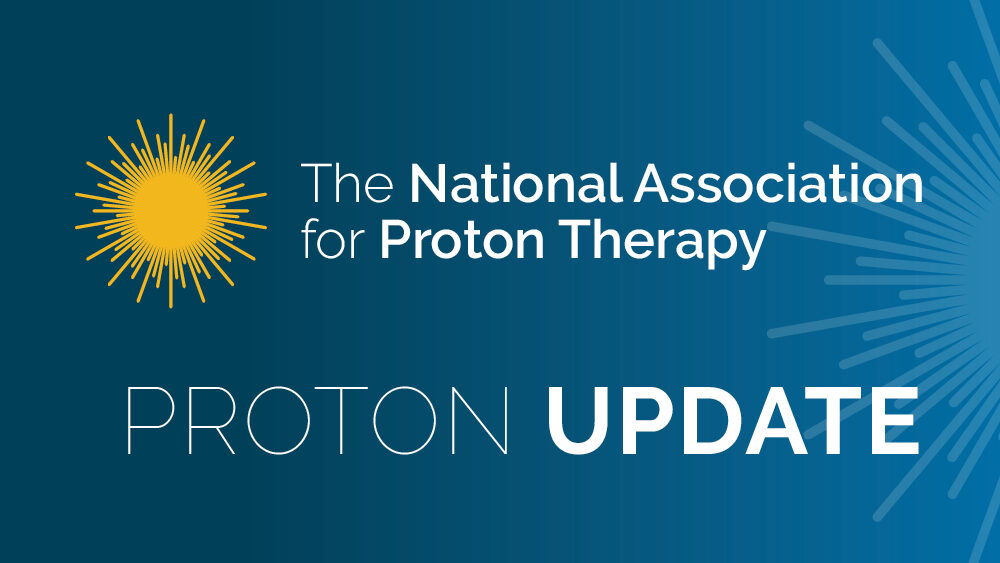Esophageal cancer incidence in the United States has been on the rise over the past few decades. The American Cancer Society‘s statistics reveal that in 2022, there were an estimated 20,950 new cases diagnosed and approximately 16,420 deaths due to esophageal cancer in the United States. Unfortunately, the majority of patients are diagnosed at an advanced stage, making it a challenging disease to treat successfully.
Advances in cancer treatment are critical to reduce mortality and protect the quality of life for cancer survivors. Proton therapy is an innovative advancement in radiation therapy known to reduce the amount of radiation to healthy tissue. Unlike photon therapy, which delivers radiation along its entire path, proton therapy allows for precise targeting of the cancerous tissue. This precision minimizes damage to surrounding healthy tissues and critical structures, such as the heart and lungs, which are particularly important when treating esophageal cancer due to its proximity to vital organs.
In 2020, a study was published by Lin et al in the Journal of Clinical Oncology,[1] a randomized prospective trial of proton therapy compared with photon chemoradiotherapy for esophageal cancer. This trial found comparable oncologic outcomes but a statistically significant reduction in the primary endpoint of total toxicity burden in favor of the proton arm. Proton beam therapy was associated with 2.3-times lower total toxicity burden than photon therapy, as well patients experiencing an average of 5 fewer days needed in the hospital for protons compared with photons to recover from cancer treatment.
In August of 2023, a meta-analysis published in JAMA Network Open found that proton therapy yields better outcomes than photon therapy for patients with esophageal cancer. Proton therapy was associated with superior overall survival and a reduced risk of certain toxicities. This is a significant finding that gives hope to cancer patients all over the world.
This evidence of the value of proton therapy is also being recognized by professional medical societies and commercial insurers. The American Society of Radiation Oncology (ASTRO) recently updated its Model Policy on Proton Beam Therapy to include esophageal cancer as a diagnosis that supports the use of proton therapy. As a result, major insurers are updating their guidelines to include proton therapy as a treatment option for cancer patients.
“Proton therapy provides new hope for patients with esophageal cancer,” says Dr. Yang. “The proton-chemotherapy treatment program at Loma Linda University is proving to be much less toxic to patients than the current standard of care. Given the esophagus’ central location near the lungs, heart and spinal cord, the ability of a proton beam to pinpoint tumors without effecting surrounding organs and tissues greatly reduces radiation-related complications that can occur both before and after surgery.”Meanwhile, ongoing research continues to investigate how proton therapy contributes to better outcomes for patients with esophageal cancer. Gary Y. Yang, M.D., Professor and Del E. Webb Endowed Chair in Proton Research at Loma Linda University, is leading a randomized trial that explores the efficacy of proton therapy for the condition.
As a leading advocate for proton therapy, the National Association for Proton Therapy remains committed to advancing patient access to this innovative treatment modality. We continue to work with healthcare policymakers, clinicians, and researchers to ensure that proton therapy is accessible to a broadening spectrum of patients who could benefit from its precision and reduced side effects.
As the use of proton therapy advances, we will continue to be driven and inspired by the goal of providing hope and healing to those facing cancer, one treatment at a time.
[1] Lin SH, Hobbs BP, Verma V, et al. Randomized phase iib trial of proton beam therapy versus intensity-modulated radiation therapy for locally advanced esophageal cancer. J Clin Oncol. 2020;38:1569-1579.




